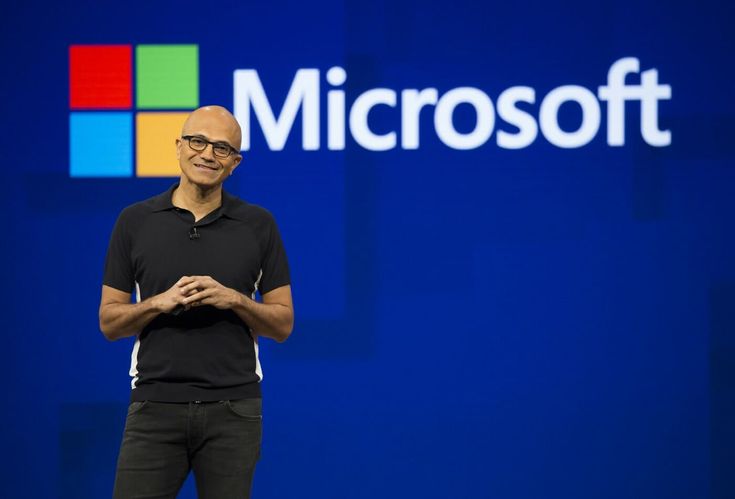Not for the first time, attention is made of Microsoft, particularly by its leadership’s compensation: Just now, the company announced that the CEO received a 63% pay raise. Many were shocked because the CEO himself reportedly requested his pay to be cut. This quite unexpected and intriguing move has sparked much discussions in the tech industry and even in other fields. So let us dig into the circumstances behind this pay raise, why it happened, and what impact this might have on Microsoft and its leadership.
Context on the Compensation and Leadership of Microsoft:
For decades, the strategists at Microsoft have been the outstanding entrepreneurs, in most cases an icon in the field. Executive compensation at Microsoft has traditionally been aligned with the corporation’s performance and is directly used as a tool to retain the best brains in their services. For example, CEOs of conglomerates like Microsoft often enjoy performance-related incentive packages, stock options, and bonuses over and above the base salary. All this is critical for Microsoft and significantly motivating for performance delivery.
Why did the CEO want to reduce his Salary Level?
When the chief executive demanded pay cuts, it showed that the executive wants to be in line financially responsible and to be in line with the company’s values. Today, income inequality and different wage gaps are being questioned, even in high-wage industries, and leaders like the CEO of Microsoft want to ensure that their compensation will be an ethical business practice. In this regard, opting for pay cuts could show the commitment of the CEO toward the values of Microsoft and its employees.
Financial Leadership Principles and Ethics
Microsoft’s CEO has often been vocal about equitable pay, aligning executive compensation with company performance and employee wellbeing. This approach stems from a leadership style grounded in transparency, ethical responsibility, and sustainable growth. This decision demonstrates a leader who values financial ethics and seeks to set an example.
The Unexpected 63% Pay Rise Explained
So, why the unexpected 63% increase? Although the CEO requested a reduction, Microsoft’s board of directors made the final decision. Boards often follow structured, performance-based metrics when adjusting executive pay, considering factors like revenue growth, profit margins, stock performance, and innovation. This was a move seen to indicate the role that the CEO played in attaining success that Microsoft has, too, experienced during the last years.
What are the Determinants of Performance-Based Compensation?
Performance-based compensation is a common practice for executive positions. Microsoft’s compensation model includes rigorous metrics tied to revenue growth, stock performance, and overall company health. These metrics ensure that the CEO’s compensation correlates directly with Microsoft’s growth and market position, which have remained strong under current leadership.
Stock Market Impact and CEO Pay
Most important to the chief executive’s increase in compensation is Microsoft’s excellent stock performance. Investors have seen value go up at Microsoft, despite the dubious economic environment, as the company leads and leverages technological progress that has speeded cloud computing, AI, and other areas. Thus, the orientation of Microsoft by the leadership, hence directly the stock performance, has increased the pay package for the chief executive.
Public Reaction and Industry Implication
Mixed reactions have been seen in the public opinion related to the pay increase of the CEO. For some, it was paradoxical; others see it as necessary and deserved due to the success that Microsoft has seen under his leadership. The executive compensation in the technology industry often reflects not just current prosperity but long-term vision and innovation. This raise marks a precedent for the need for effective leadership as the technology environment changes: a precedent that other high-tech companies, too, follow.
Comparison with Other Tech CEOs
Compared to other tech giants, Microsoft’s CEO compensation increase aligns with industry trends. Other leaders in tech, like those at Google and Apple, also see performance-based raises tied to stock gains and market influence. However, this instance stands out due to the CEO’s request for a pay reduction, highlighting the complex balance between personal values and corporate policy.
The Takeaway for Microsoft’s Future
This 63% pay increase, despite the CEO’s reduction request, reinforces Microsoft’s commitment to rewarding results-driven leadership. Microsoft’s board decision serves as a reminder that compensation is often a complex blend of ethics, performance, and corporate priorities. With a leader focused on growth and ethical leadership, Microsoft’s future looks bright, even if the decision sparks ongoing debate.



















